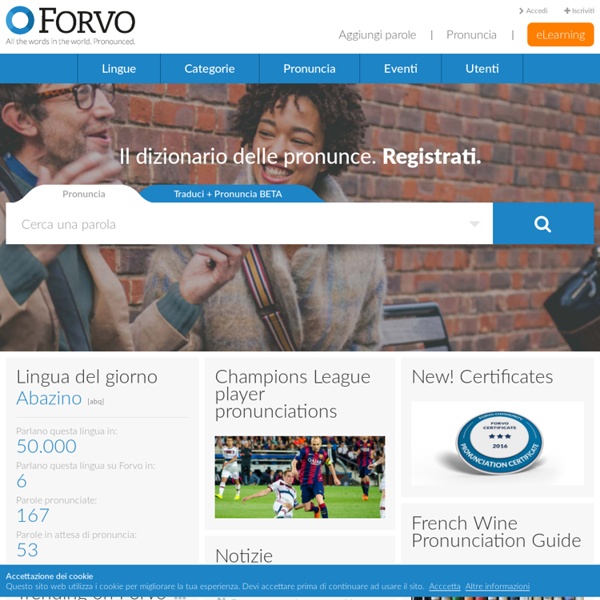



Links for translators The resources on this page are all available free (or in free versions) on the Internet. General Dictionaries Cambridge The suite of Cambridge dictionaries are possibly the best online English-English dictionaries available (and with nearly 2m searches a month, among the most popular). Catalan Catalan dictionary from the Enciclopèdia Catalana. it's NOT about what the teacher does with technology Bruce Springsteen: "When we kiss…" Not just going through the motions! You could probably say I've had four different though overlapping careers — in language teaching, language teacher training, technology and ELT management. The first of those I retired from (after 35+ years) a few months ago, though the number of contact hours I was doing was limited; teacher training I'm retiring from at the end of this month; management I got fired from (to the relief of all involved!)
Ukindia Learn Sanskrit Lesson 1 Paperhelp to help you write papers Lesson 2 ..Home....Asian Books..Sanskrit lessons ( external)..Tamil.Gujarati. Punjabi. Hindi.Urdu.SanskritArabic.Greek.English. Russian. Hebrew..Mathematics English teachers, are you asking the right questions? Declan Cooley, CELTA Opens in a new tab or window. trainer at the British Council in Poland, explains why some questions are not as effective as they first appear, and offers some alternatives. Questions of all kinds are a teacher's most basic tools for generating interest, provoking thoughts, encouraging students to speak, developing text comprehension skills and checking understanding. New teachers on courses like the CELTA spend a lot of time honing their skills at using effective questions in the classroom. As well as discovering what questions work, teachers learn that some questions are not as effective as they first appear.
How Long to Learn That Language? Here’s a Map for That For English-speakers, Romanian is easier to learn than German. And you’ll be speaking Russian sooner than Hungarian. How is that? Future - Why does your voice sound different on a recording? What makes a recording of our voice sound so different... and awful? It’s because when you speak you hear your own voice in two different ways. Greg Foot explains all. The first is through vibrating sound waves hitting your ear drum, the way other people hear your voice.
Software Translates Your Voice into Another Language Researchers at Microsoft have made software that can learn the sound of your voice, and then use it to speak a language that you don’t. The system could be used to make language tutoring software more personal, or to make tools for travelers. In a demonstration at Microsoft’s Redmond, Washington, campus on Tuesday, Microsoft research scientist Frank Soong showed how his software could read out text in Spanish using the voice of his boss, Rick Rashid, who leads Microsoft’s research efforts. In a second demonstration, Soong used his software to grant Craig Mundie, Microsoft’s chief research and strategy officer, the ability to speak Mandarin. Hear Rick Rashid’s voice in his native language and then translated into several other languages:
Integrating pronunciation into classroom activities In my work as a teacher trainer I have been surprised at how often experienced teachers are reluctant to tackle pronunciation issues in class. I can think of at least two reasons why pronunciation tends to be neglected: firstly, the lack of clear guidelines and rules available in course books, and secondly the fact that isolated exercises once a month do not seem to have much of an effect. This is not surprising, however; like all other areas of language teaching, pronunciation needs constant attention for it to have a lasting effect on students, which means integrating it into daily classroom procedures. I find that addressing issues regularly during the language feedback or group correction stage of a lesson helps to focus learners' attention on its importance and leads to more positive experiences. Using student talk to teach pronunciationWord stressVowel soundsDiphthongsWeak formsSentence stressConclusion After the activity, on the board I draw a column with the heading /e/.